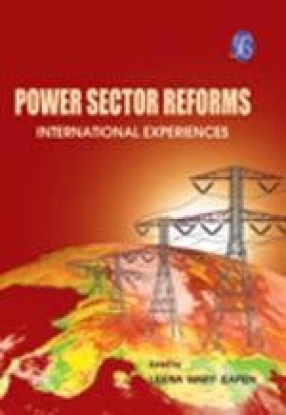
Leena Mary Eapen

Showing all 7 books

The need for electricity is felt more now since it is a catalyst for economic growth. In fact, India can well become a world giant economy, if the electricity sector is efficient enough. The need for a good electricity system grew after the economic liberalization period of the 1990s. To become competitive internationally, we have to reduce our dependency on electricity for which the Indian government brought in a slew of measures. Against this backdrop, this ...
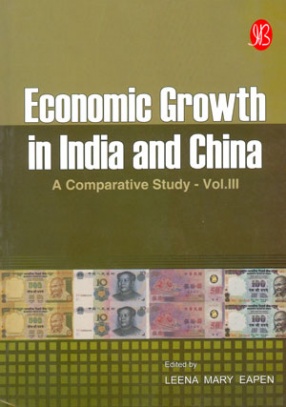
Sustained economic growth of a nation mainly hinges on its industrialization as it creates productive employment and generates value added income. During the era of globalization, industry can act as a key agent for securing developmental benefits from rapid international integration, with respect to trade, investment and technology transfer. The factors that contribute to industrialization are technology-driven increase in productivity, human skills and ...
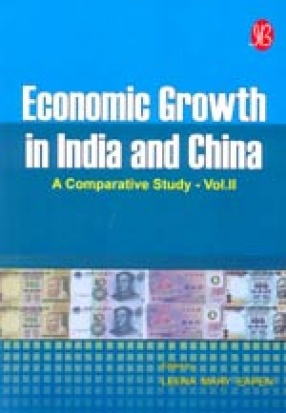
The economic growth of a country depends vitally on its capacity to raise its productivity and its ability to attract Foreign Direct Investment (FDI). The major factors that strengthen the drivers of productivity are the openness to trade, both exports and imports, enablement of a more efficient allocation of resources, providing greater opportunities to exploit economies of scale, exposing the domestic economy to greater competitive pressures, rewarding ...

Ever since the processes of globalization and liberalization were set in motion worldwide at the beginning of the 1990s, the focus and the debate shifted to India and China. Most importantly these two Asian giants are the world's most populous countries and between them account for 40percent of the world population and about 20 percent of the global economy, based on purchasing power parity. Both are among the world's fastest-growing economics. Besides, the huge ...

Energy is the basic building block for socio-economic development. Our future economic growth depends on the long-term availability of energy in increasing quantities from sources that are accessible, easily available, socially acceptable and environment-friendly. However, the ever-increasing demand for energy is causing a depletion of scarce energy resources, such as coal, gas and fossil fuels, etc. In this context, this book elaborates on the concept of energy ...
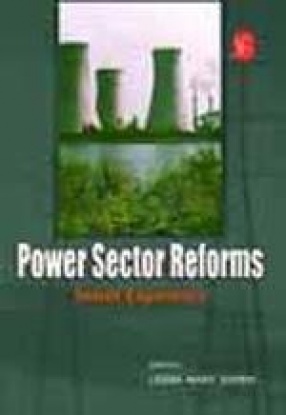
Though India could well become one of the largest economies in the world, it is being hindered due to a lack of adequate power. This book provides a comprehensive picture of the power sector, and its reforms and developments. Private and public regulators, power sector managers, management teachers and students will find this book very enriching.
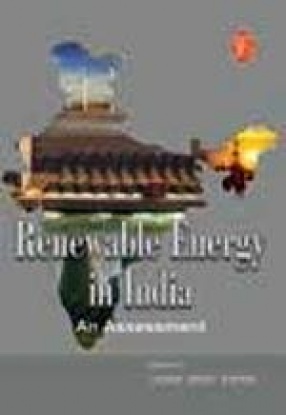
Energy is an engine for growth and is linked with all aspects of development, poverty alleviation and improvement of quality of life. For a large country like India with its one billion plus population and rapid economic growth rate, no single energy resource or technology constitutes a panacea to address all issues related to the rising cost of generation, availability of fuel supplies, environmental impact, particularly climate change and health externalities. ...
